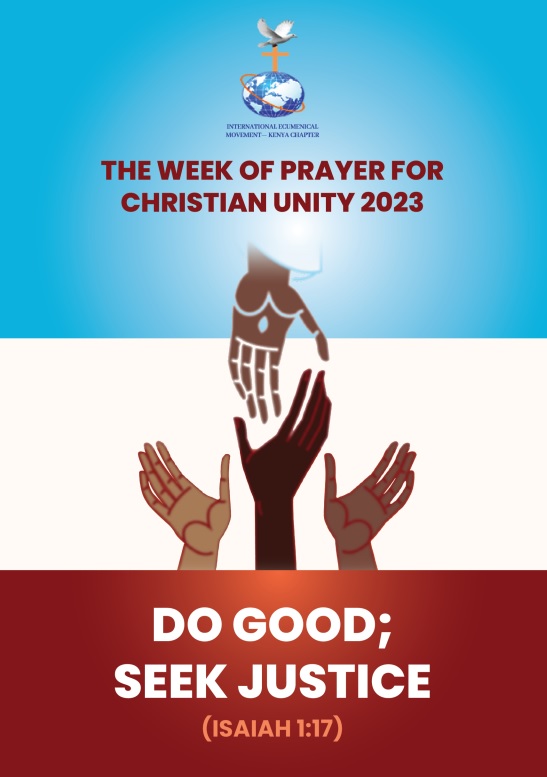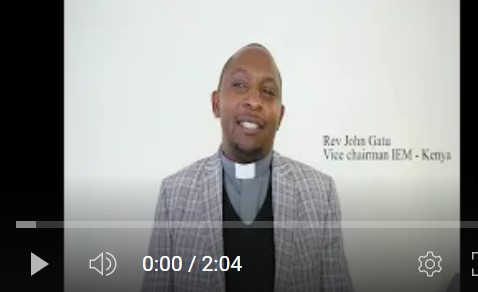Mt 21:28-32
We have seen several times that Jesus’ preferred way of communication is through parables. He does his teaching through stories and images. These stories and images have that capacity to involve the listener and draw the person into the story, as it unfolds. Images and stories are full of truths and are like a mirror through which we read our own attitudes and our own lives.
They challenge us so much that we cannot remain indifferent or neutral. We must take a position, unless we are totally blind and refuse to see, and our hearts totally closed to the word of God that we do not want to embark on a journey of conversion. This is the power of the image or the parable.
Let us put today’s parable within its context, before we can draw an application to our situations as disciples of Christ today, as we need to take a stand at the end of the story. The parable must be read within the context of Jesus’ controversies with the religious establishment, the chief priests and elders, of his time who question and undermine his authority. ‘By which authority are you doing these things’ And, who gave you this authority? (Mt 21: 23). As usual Jesus does not give a direct answer. Instead he takes the opportunity to challenge the attitude of the chief priests and the elders by using three parables. The parable of the two sons (Mt 21, 28-32); the parable of the vineyard and the tenants (Mt 21: 33-46); and the parable of the marriage feast (Mt 22: 1- 14). These will be part of our mediation for three consecutive weeks. Division and conflict between Jesus and the religious leaders will grow stronger, leading to the passion of Jesus. At the end of each story, we will be invited to ask ourselves: Where am in this story? I am ready to undergo a process of conversion and change? What is my attitude.
What is the issue with the chief priest and the elders? What reproach does Jesus make against them? These are people who say ‘yes’ but their actions do not follow or do not match with their words. As the saying goes, they talk but they do not walk the talk. To make it clear to the mind of the hearers, Jesus refers to the preaching of John the Baptist. John did not have tender words towards the chief priests and elders. He called them brood of vipers (John 3: 7-14). John the Baptist’s preached about conversion and change. The story of the two sons represent two different attitudes to God’s invitation.
The first son refused the invitation but later on repented. He represents the tax collectors, the prostitutes, the sinners. That is why Jesus says: "Verily I say unto you that the tax collectors and the prostitutes are entering into the Kingdom of God before you.”(Mt 28: 31). We read in prophet Ezekiel: “If a person turns away from the wickedness he has committed and does what is just and right, he will save his life. Because he considers all the offenses he has committed and turns away from them, he will surely live; he will not die” (Ez 18:27). These are sinners who become saints because they have accepted God’s invitation for conversion and change. They accepted to do the will of God.
The second son represents the chief priests and the elders who are the custodians of the faith and the religious traditions, had said yes to God’s invitation. Inspite of all the testimonies and evidences of change and conversion that were happening following the preaching of John the Baptist as well as the preaching of Jesus, they refused to change. They remained trapped in their sterile religious piety. Their attitude did not correspond to what they were saying. The answer to Jesus’ question becomes now obvious. Among the two sons, who did the will of the father? The chief priests and the elders could not but say the truth and thus judging themselves. Jesus will say: ‘It is not those who say ‘Lord, Lord’ who will enter the Kingdom of heaven but those who do the will of my Father in heave’ ( Mt 7: 21).
Let us reflect on our attitudes towards God’s invitation to change and amend ourselves. It is never too late. We pray that our initial ‘no’ may one day be turned into a committed ‘yes’ and that we may never turn back to our former ways of living. Let us be doers of the word, and not just hearers only. ( James 1:22)
Fr Maganya Innocent, M. Afr
IEM-Kenya Chairperson




